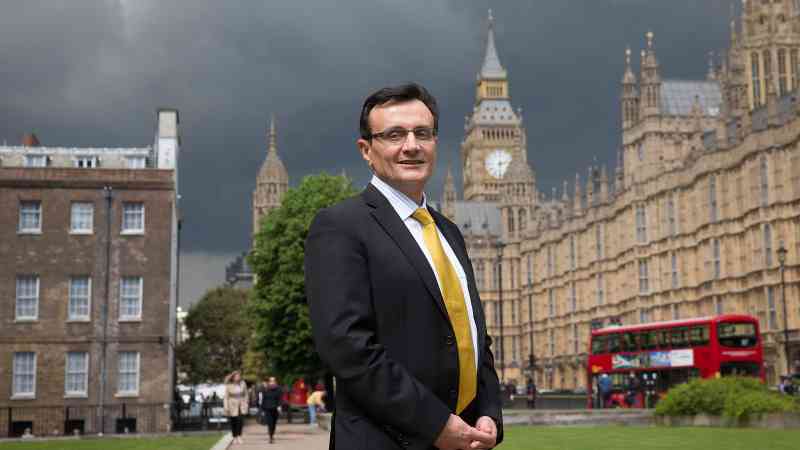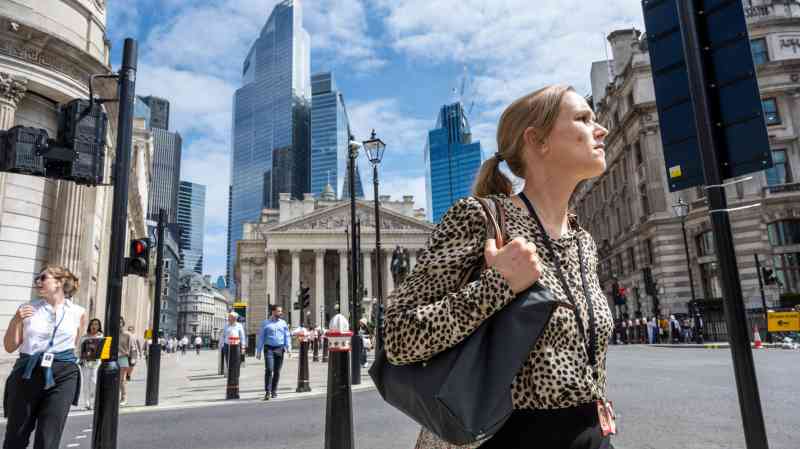Average pay for FTSE 100 bosses rises to a record £4.2m
The average pay for FTSE 100 bosses rose to a record of £4.2 million last year.
According to an analysis of corporate pay deals by the High Pay Centre, Britain’s top bosses enjoyed an average bump from £4.1 million to £4.2 million in 2023, the highest on record. It makes a FTSE 100 chief executive’s earnings 120 times the wage of the average British worker.
The increase was driven by a small group of listed companies awarding especially lucrative pay deals, with eight businesses giving out packages in excess of £10 million last year, compared with only four in 2022.
• UK employers are expecting to give out smaller pay rises
Pay awards for female chief executives of FTSE 100 businesses was significantly lower, averaging £2.69 million, compared with £4.19 million for male bosses. Only six companies had female bosses for the whole financial year spanning 2022-23, the High Pay Centre found.
The best-paid FTSE 100 executive was Sir Pascal Soriot, 65, the boss of AstraZeneca, who earned £16.85 million last year, followed by Erik Engstrom, 61, the chief executive of Relx, the analytics provider, whose pay packet was worth £13.64 million. Rolls-Royce, BAE Systems, GSK, HSBC, Pearson and Diageo also awarded eight-figure deals to their bosses last year.
“Higher executive pay has been a key demand of business lobbyists in recent years,” Luke Hildyard, director of the High Pay Centre, said. “These figures indicate that this campaign has had some success, with shareholders at the biggest UK companies becoming more willing to wave through bigger payouts.”
The High Pay Centre has pushed for governments to introduce limits on excessive corporate pay, which it says hinders businesses from awarding higher wages to their workers. The think tank has called for more pay transparency beyond the top executive levels and for two elected workers’ representatives to hold seats on remuneration committees.
The Labour government has made no pledges to cap or restrict boardroom pay deals and has ruled out “wealth” taxes on the super-rich. Rachel Reeves, the chancellor, said last month that she would award an average 5.5 per cent pay increase to public sector workers over the next year to put an end to industrial action over the cost of living.
Hildyard said: “The huge pay gap between executives and the wider UK workforce is a result of factors like the decline of trade union membership, low levels of worker participation in business decision-making and a business culture that puts the interests of investors before workers, customers, suppliers and other stakeholders. These developments have been very good for those at the top, but it is more questionable whether they are in the interests of the country as a whole.”






